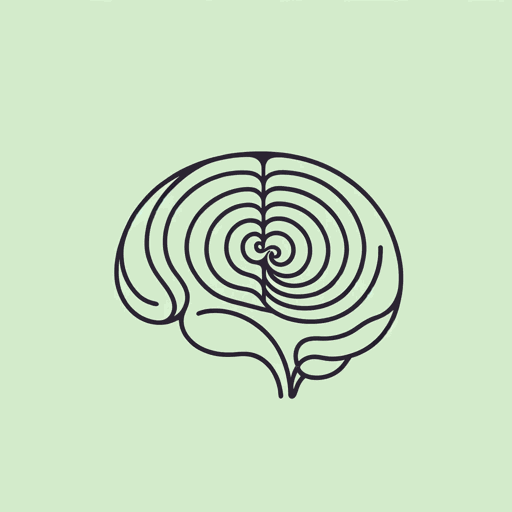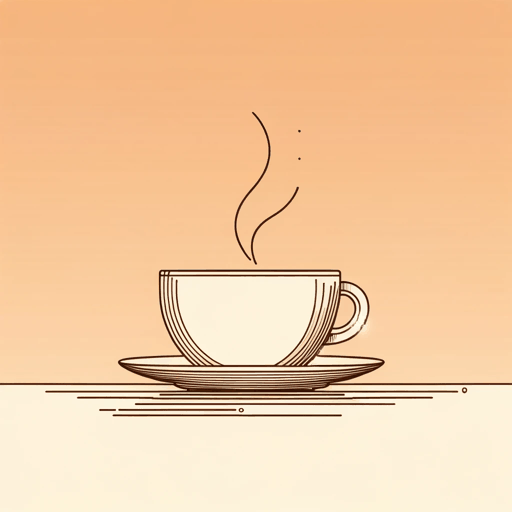63 pages • 2 hours read
Michael PollanHow to Change Your Mind: What the New Science of Psychedelics Teaches Us About Consciousness, Dying, Addiction, Depression, and Transcendence (2018)
Nonfiction | Book | Adult | Published in 2018A modern alternative to SparkNotes and CliffsNotes, SuperSummary offers high-quality Study Guides with detailed chapter summaries and analysis of major themes, characters, and more.
Important Quotes
“I asked him if he agreed with something I’d read the Dalai Lama had said, that the idea that brains create consciousness—an idea accepted without question by most scientists—‘is a metaphysical assumption, not a scientific fact.’
‘Bingo,’ Jesse said. ‘And for someone with my orientation’—agnostic, enamored of science—‘that changes everything.’”
(Prologue, Page 41)
The concept of the brain creating consciousness is continually questioned because science doesn’t have the ability to dive deeper. But psychedelics give a different insight into consciousness and suggest there might be more to what we know.
“The Johns Hopkins experiment shows—proves—that under controlled, experimental conditions, psilocybin can occasion genuine mystical experiences. It uses science, which modernity trusts, to undermine modernity’s secularism. In doing so, it offers hope of nothing less than a re-sacralization of the natural and social world, a spiritual revival that is our best defense against not only soulnessness, but against religious fanaticism. And it does so in the very teeth of the unscientific prejudices build into our current drug laws.”
(Chapter 1, Page 81)
This letter, written in regard to Roland Griffith’s groundbreaking psilocybin study, signified a shift in science in which there might be room for psychedelic research to reemerge and be studied once again. Griffith showed that rigorous science can be used to study psychedelics, breaking one of the roadblocks to reestablishing the field.
“Nearing the end of her life, she had nothing but regret for having shared the divine mushroom with R Gordon Wasson and, in turn, the world. ‘From the moment the foreigners arrived,’ she told a visitor, ‘the saint children lost their purity. They lost their force; the foreigners spoiled them. From now on they won’t be any good.’”
(Chapter 2, Page 114)
Psilocybin has done incredible good to society, but it also was done without consideration for its spiritual and cultural purpose. The discovery of psilocybin damaged the culture of the people who used it as a sacrament, and it was effectively used to colonize the village and exploit its natural resources (e.g., the mushrooms).
Related Titles
By Michael Pollan





